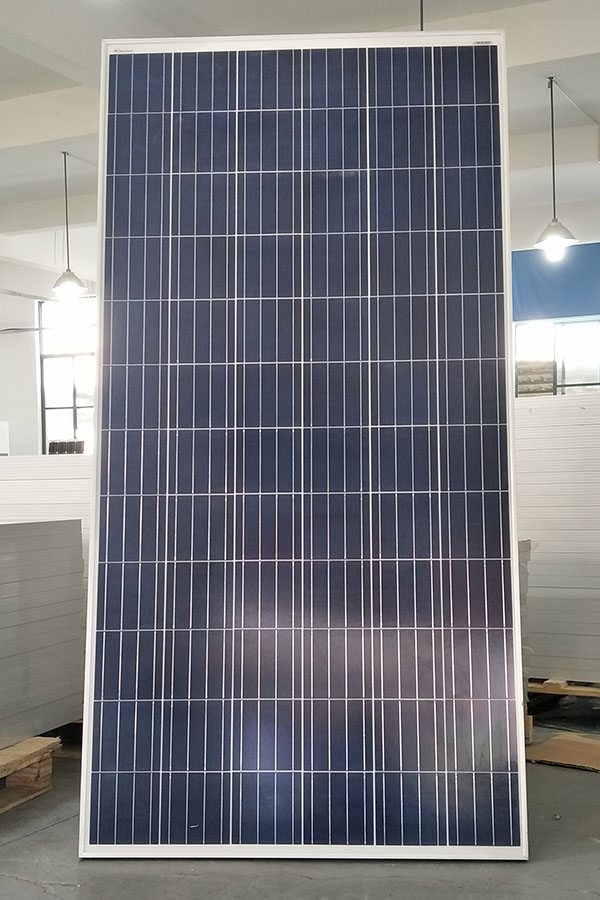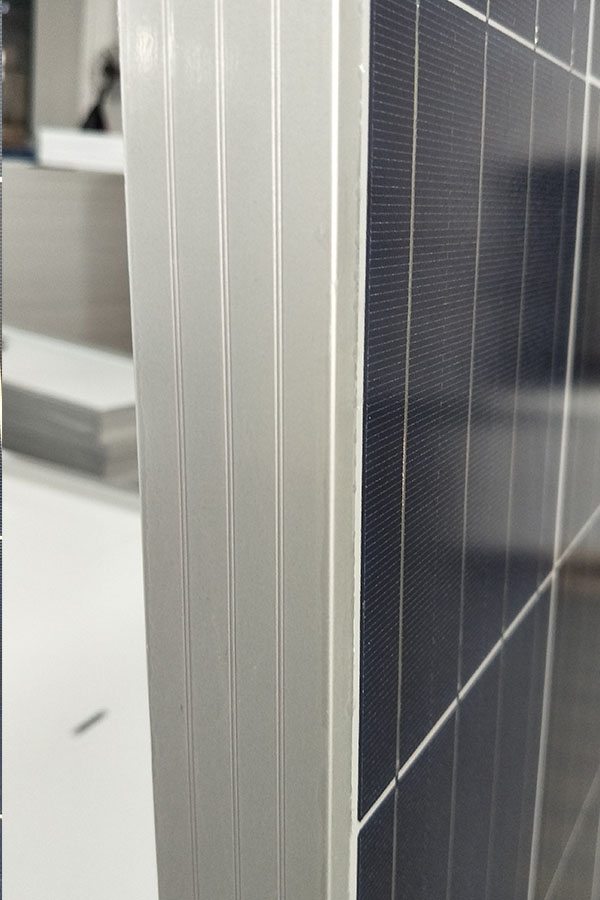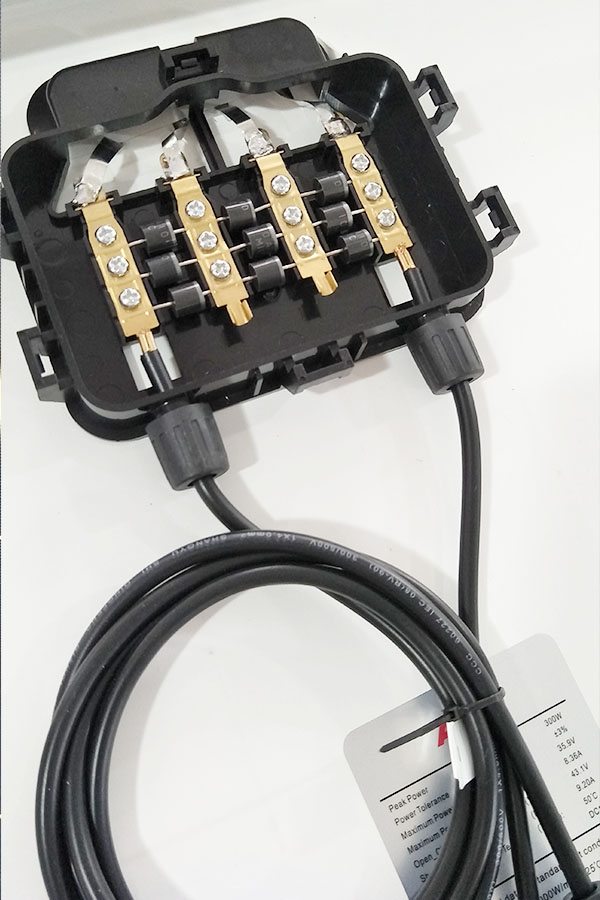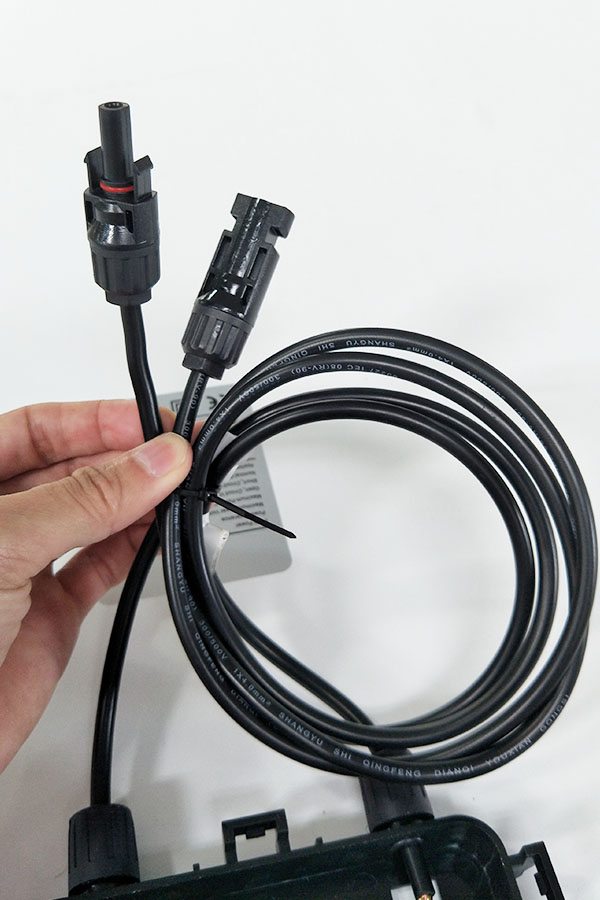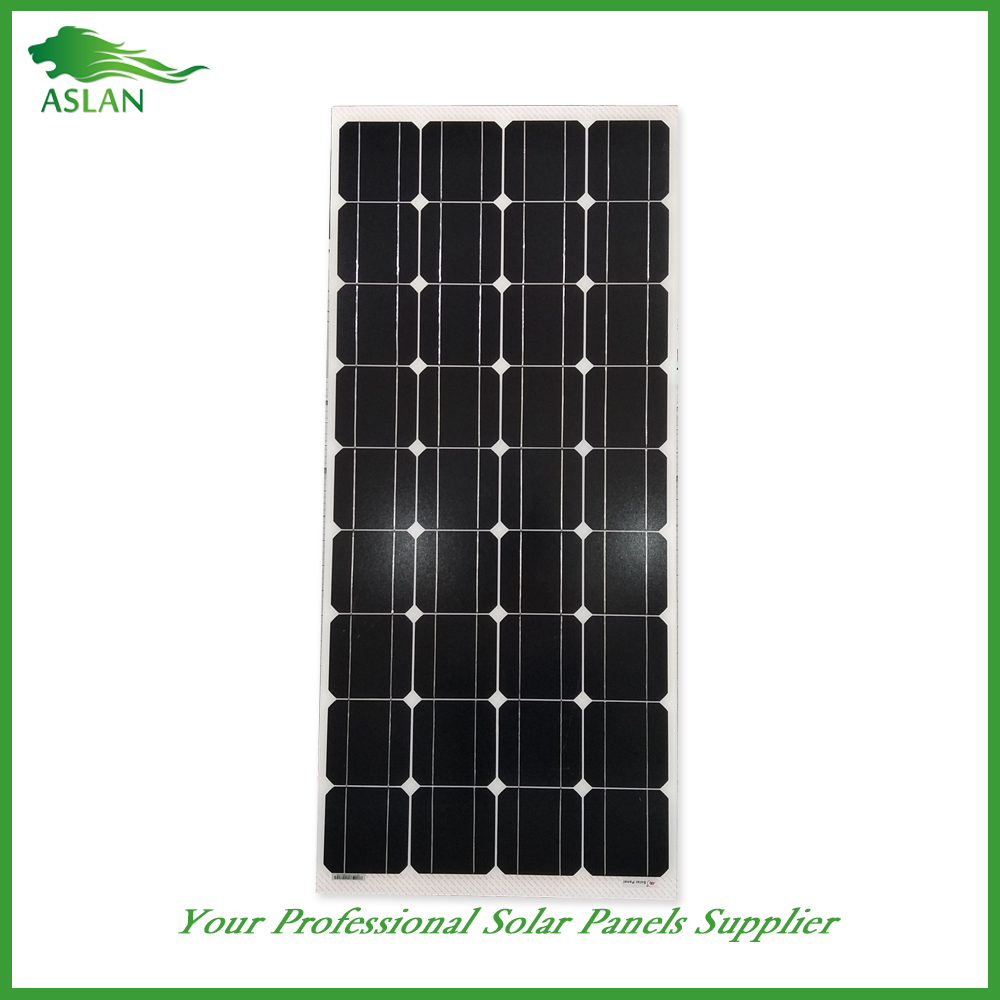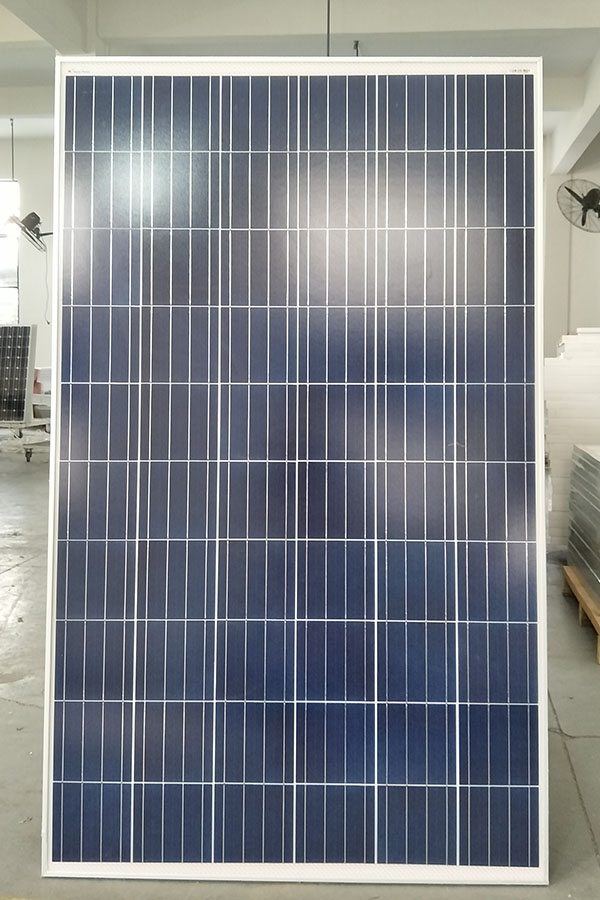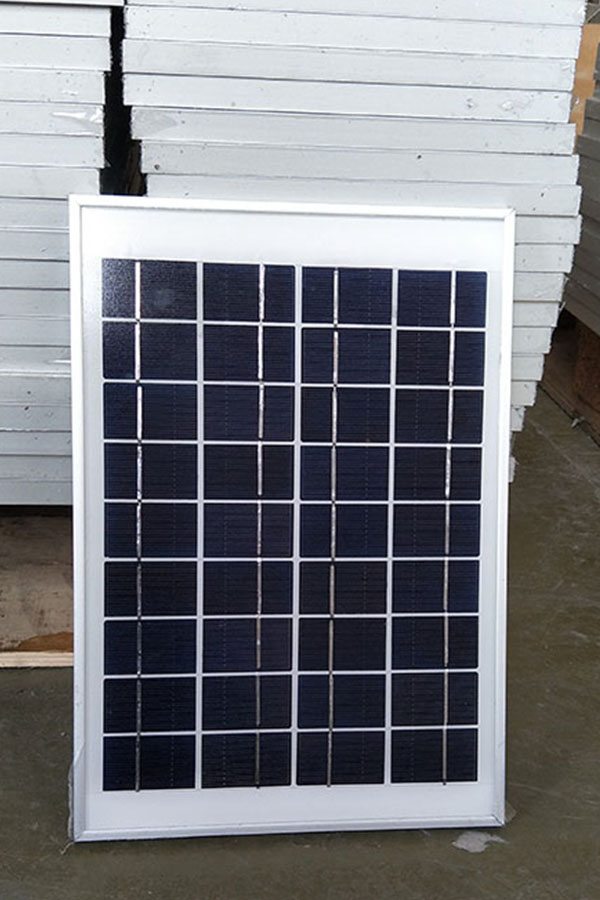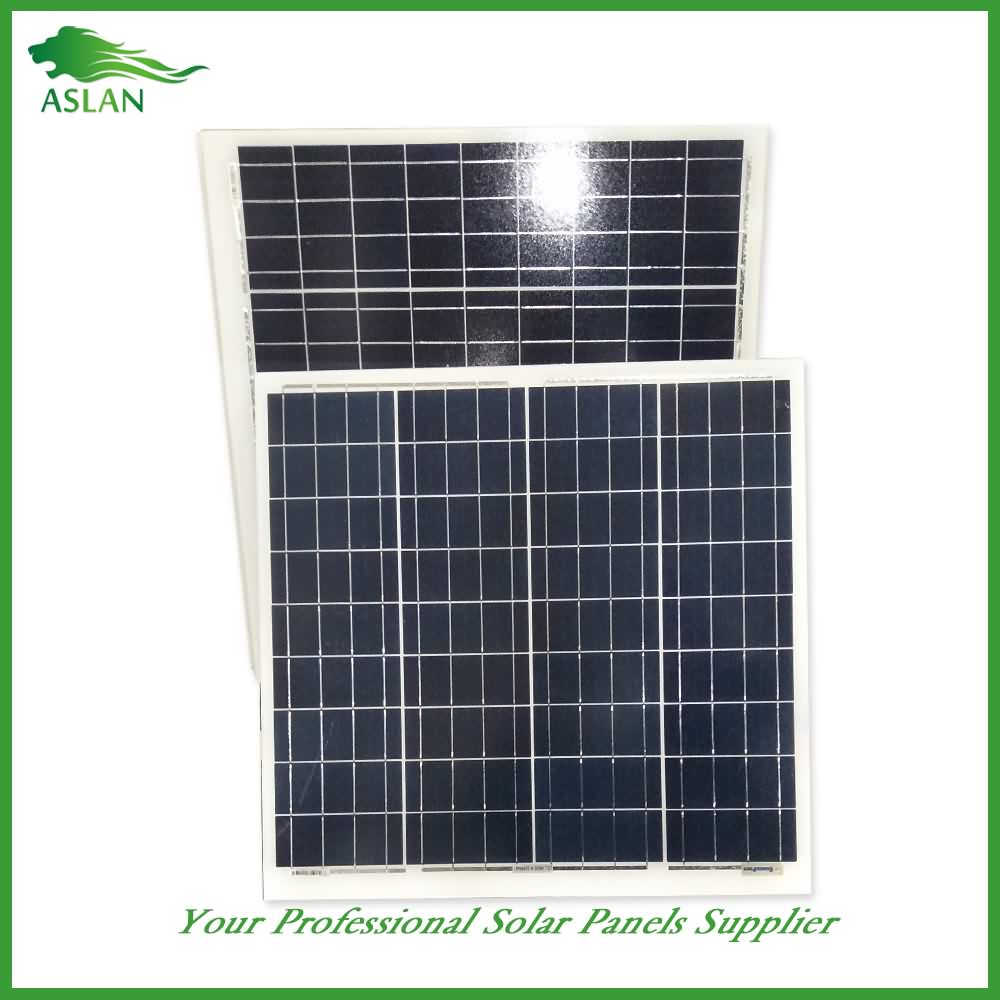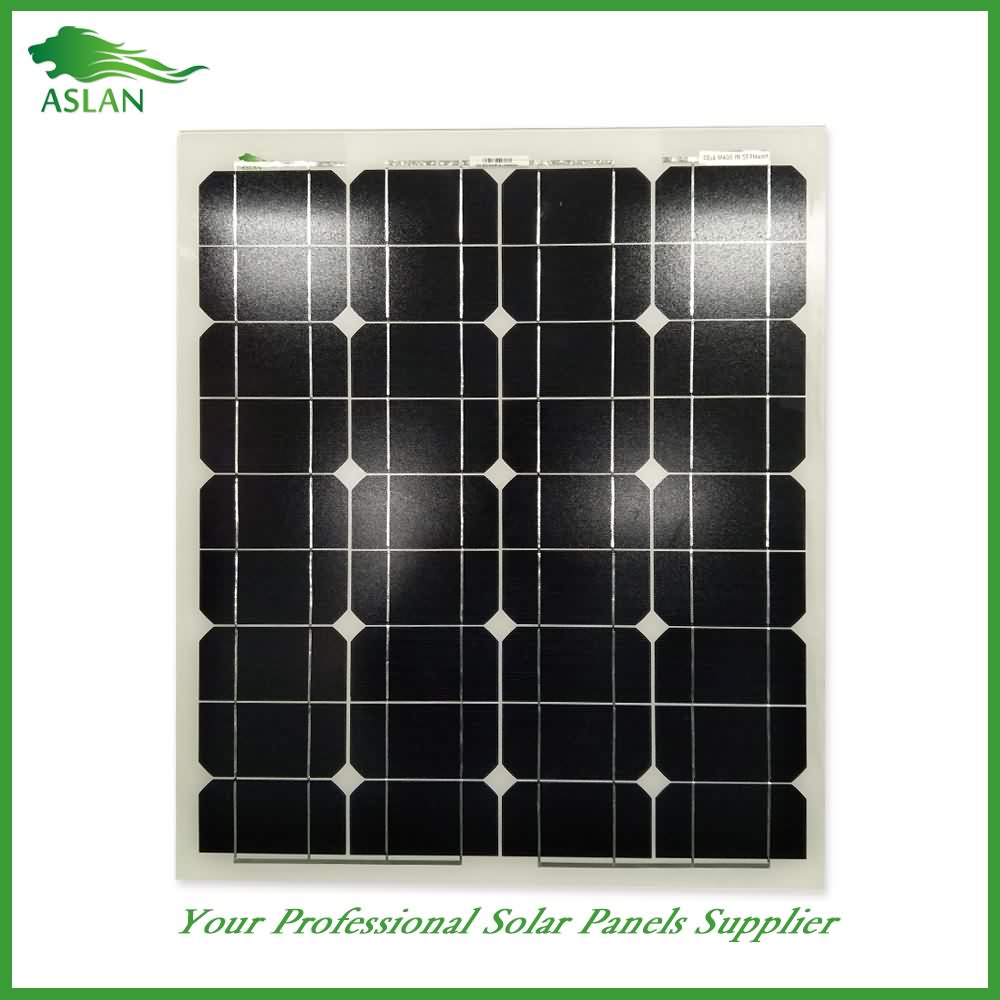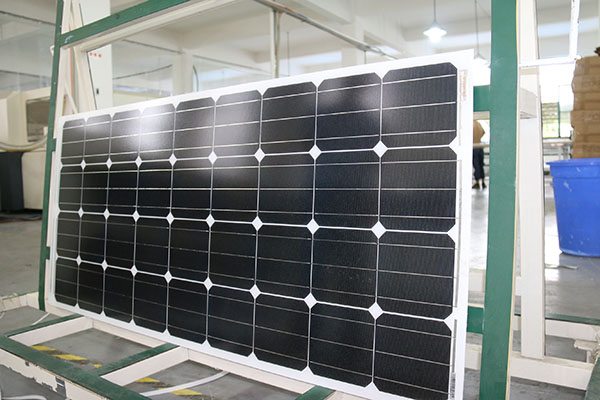Cheapest Factory Poly-crystalline Solar Panel 300W Factory from Venezuela
Short Description:
Every member from our high efficiency sales team values customers' needs and business communication for Cheapest Factory Poly-crystalline Solar Panel 300W Factory from Venezuela, We welcome you to inquire us by call or mail and hope to build a successful and cooperative relationship.
Poly-crystalline Solar Panel 300W
Technical parameter
Maximum Power(W) 300W
Optimum Power Voltage(Vmp) 37.15V
Optimum Operating Current(Imp) 8.08A
Open Circuit Voltage(Voc) 45.30V
Short Circuit Current(Isc) 8.87A
Mechanical Characteristics
Cell Type Poly-crystalline 156x156mm (6 inch)
No of Cell 72 (6x12pcs)
Dimensions 1956x992x50mm
Weight 22.5Kg
Front Glass 3.2mm,High Transmission, Low Iron,Tempered Glass
Junction box IP65 Rated
Output Cable TUV 1×4.0mm2/UL12AWG,Length:900mm
Temperature and Coefficients
Operating Temperature(°C): -40°C ~ + 85°C
Maximum System Voltage: 600V(UL)/1000V(IEC) DC
Maximum Rated Current Series: 15A
Temperature Coefficients of Pmax: -0.47%
Temperature Coefficients of Voc: -0.389%
Temperature Coefficients of Isc: 0.057%
Nominal Operationg Cell Temperature (NOCT): 47+/-2°C
Materials of solar panel
1).Solar Cell——Poly-crystalline solar cell 156*156mm
2).Front Glass——-3.2mm, high transmission, low iron, tempered glass
3).EVA——-excellent anti-aging EVA
4).TPT——-TPT hot seal made of flame resistance
5).Frame——anodized aluminum profile
6).Junction Box——-IP65 rated, high quality, with diode protection
Superiority: high quality anodized aluminum frame, high efficiency long life, easy installation, strong wind resistance, strong hail resistance.
Features
1. High cell efficiency with quality silicon materials for long term output stability
2. Strictly quality control ensure the stability and reliability, totally 23 QC procedures
3. High transmittance low iron tempered glass with enhanced stiffness and impact resistance
4. Both Poly-crystalline and Mono-crystalline
5. Excellent performance in harsh weather
6. Outstanding electrical performance under high temperature and low irradiance
Quality assurance testing
Thermal cycling test
Thermal shock test
Thermal/Freezing and high humidity cycling test
Electrical isolation test
Hail impact test
Mechanical, wind and twist loading test
Salt mist test
Light and water-exposure test
Moist carbon dioxide/sulphur dioxide
(7 Aug 2012) LEAD IN
With lots of sunshine and an underdeveloped electrical grid, Cambodia is well suited to solar power.
But overcoming challenges like poverty and a lack of solar knowledge are major challenges.
STORYLINE
The power of the sun could be the key to provide energy in rural areas of Cambodia.
Social enterprise Kamworks brings solar energy to the population cut off from the national grid.
Kamworks is based in the rural Kandal province about 50 kilometres (31.1 miles) north of the capital Phnom Penh.
Set up by Dutchman Arjen Luxwoldawas, the company was established in Cambodia in 2006.
Kamworks was funded through a World Bank project.
The enterprise develops and manufactures solar energy devices including systems for water pumping, electricity, and refrigeration.
Their products are sold to homes and businesses all over Cambodia as well as in Thailand, Vietnam and Laos.
Chief Operating Officer Brecht Van Der Laan says tropical Cambodia is an ideal country for solar power.
“First of all, of course, because there’s a lot of sun. Second of all because seventy-five percent of the country is not connected to the grid, which is about eighty percent of the population. Therefore instead of making expensive electric grids it’s really cost efficient to start solar here,” he says.
Kamworks’ signature product is the MoonLight solar lantern which was designed in collaboration with villagers.
The device fits the needs of the rural poor who need lighting to ride their motorbikes, brighten their houses, and move about in the dark in the countryside, according to Sokun San, head foreman at Kamworks.
“You can charge the battery during the day with the solar panel and use it at night just like a regular lamp. You can hang it around your neck and use it like a torch or you can hang it like this and use it as a light in your house,” explains Sokun San.
Kamworks assembles all their systems locally.
Its aim is to bring technology, jobs and expertise in the country.
This allows the company to better service their products which can be easily recycled at the end of their lifetime.
To help distribute the solar systems – and teach people how to use them, Kamworks works closely with the Dutch NGO Picosol set up in 2008.
Picosol Cambodia Country Manager Yolanda Zwetsloot says that expanding solar power usage in the country is challenging.
“There are some problems in Cambodia. One problem is the lack of knowledge, the second problem is that there are long distances to cover and the third problem is they don’t have the money to buy it so with these problems we want to help companies and we want to help villagers to solve these issues and that’s why we’re here,” she says.
Picosol built this training house where Cambodian villagers learn how to install and use solar devices.
The training is free of charge and the knowledge can later be shared with others who are considering to switch to solar power.
Solar power is perfectly suited to rural families says Brecht Van Der Laan.
“The benefits of solar for the rural people is that it’s safe – a lot of people use kerosene lights and there’s a big fire risk in that. It’s also more convenient because you don’t have to drag around car batteries from here to there and of course because it’s cheaper in the end,” says Van Der Laan.
In the last five months, Kamworks has installed over 12,000 solar home systems across 7 provinces in Cambodia.
For Keat Kalyan, living in the Sre Ampil village, the Moonlight lamp made her life easier.
Kamworks is planning to export solar devices to ten countries in Africa and Asia by the end of 2013.
You can license this story through AP Archive: http://www.aparchive.com/metadata/youtube/7211438ac30ab30fb3d335d1b8b54a16
Find out more about AP Archive: http://www.aparchive.com/HowWeWork
